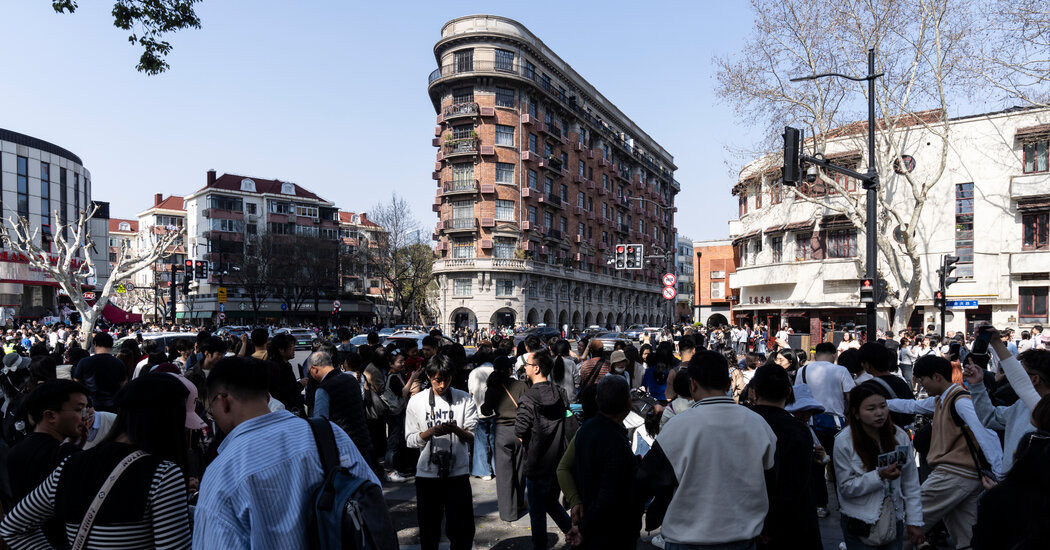

With travel warnings and revoked visas, the two superpowers locked in a bruising trade war may make students and tourists their bargaining chips.
China has warned its people to think twice before visiting the United States, citing trade tensions. It also told its students to be careful about studying there and accused two American universities of hacking. And it has vowed to cut down on the number of Hollywood films that can be shown in China.
The trade war between the United States and China is already eroding far more than just economic ties. The rapid expansion of the battlefield, from trade to culture and education, underscores how fragile the relationship between the United States and China has become.
The United States, for its part, has revoked some Chinese student and scholar visas, as part of a broader targeting of international students by the Trump administration. While the moves were not directly related to the trade dispute, some conservatives have suggested linking them: Donald Trump Jr., the president’s son, posted online last week that it was a “great idea” to expel all Chinese students as retaliation for China hitting back with its own tariffs.
For decades, the flow of students, travelers, artists and businesspeople between the countries served as a steadying force, even when political or economic tensions flared. But as relations have deteriorated in recent years, both countries have started to turn those ties into bargaining chips, too.
“This is an emotional reaction, not a rational one,” said Shen Dingli, a Shanghai-based international relations scholar. “Rationally, the more tense China-U.S. trade relations become, the more both sides need to keep an overall balance, to avoid a full-on conflict.”
Until recently, both the United States and China had been trying to rehabilitate those softer exchanges, perhaps because they had gotten a glimpse of how dangerous their absence could be.